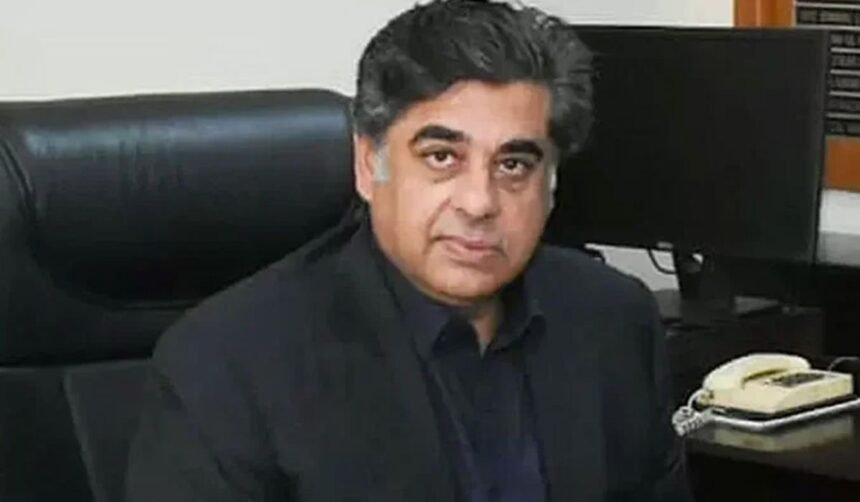Chairman EPBD Dr. Gohar Ejaz on Thursday strongly criticised the State Bank of Pakistan’s (SBP) decision to maintain the policy rate at 11 percent, calling it a misalignment with the prevailing inflationary outlook and a heavy burden on taxpayers.
In a post on X (formerly Twitter), Ejaz questioned how the expected rise in inflation due to gas tariff hikes could be addressed while keeping the policy rate unchanged. “How can inflation expected from gas tariff increases be controlled by keeping the State Bank of Pakistan (SBP) policy rate unchanged at 11 percent?” he remarked.
The Monetary Policy Committee (MPC), in its July 30 meeting, decided to keep the policy rate steady despite acknowledging a potential increase in inflationary pressures in the coming months. The central bank cited a favourable June inflation outcome but highlighted risks stemming from energy price adjustments, particularly gas tariffs.
Ejaz argued that the SBP’s stance is costing the economy heavily. “The SBP is maintaining a policy rate that is 6 percent higher than inflation, resulting in an additional PKR 3 trillion of taxpayers’ money being paid to banks. No economy can sustain such mistakes,” he stated.
According to SBP’s August monetary indicators, money supply (M2) registered a contraction of 4.9 percent during 1st July – 1st August FY2026 compared to a 3.2 percent decline in the same period last year. Net Domestic Assets (NDA) of the banking system also dropped significantly, while both the government and private sector retired substantial borrowings. Despite these contractions, the Pakistan Stock Exchange (PSX) continued its bullish trend, hitting a record high of 150,591 points in the third week of August.
Market analysts suggest that while the PSX rally reflects investor confidence, the persistence of high borrowing costs could hurt real economic activity. Business leaders, including Ejaz, have urged policymakers to reconsider the monetary stance to align with ground realities and ease pressure on businesses as well as the public sector.
Ejaz warned that maintaining excessively high rates not only undermines growth but also risks creating unsustainable debt servicing costs. He called for urgent recalibration of the policy to protect the economy and taxpayers.


